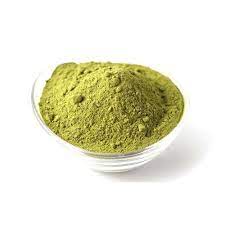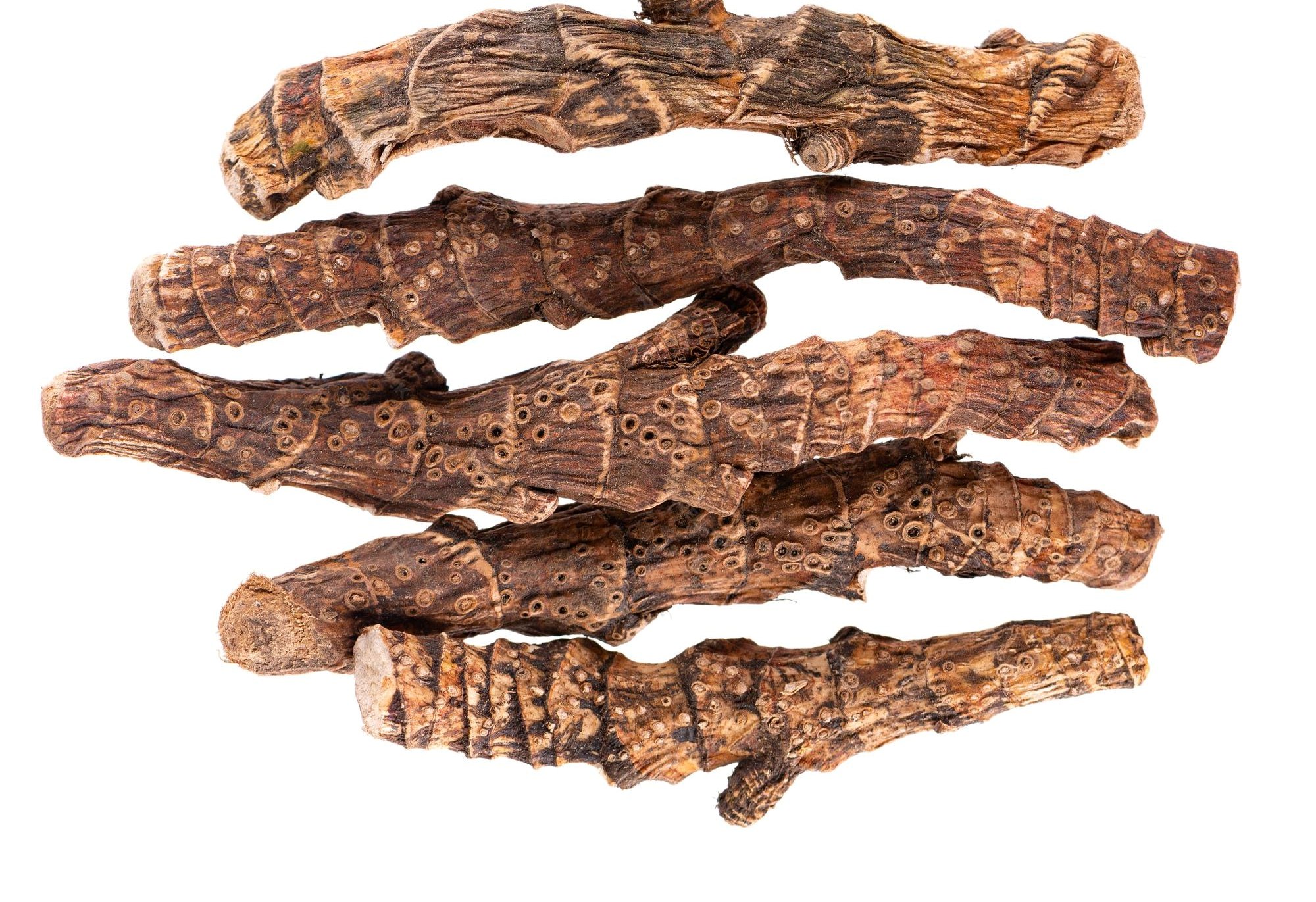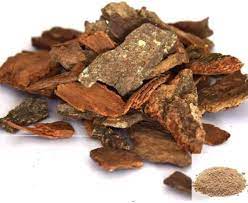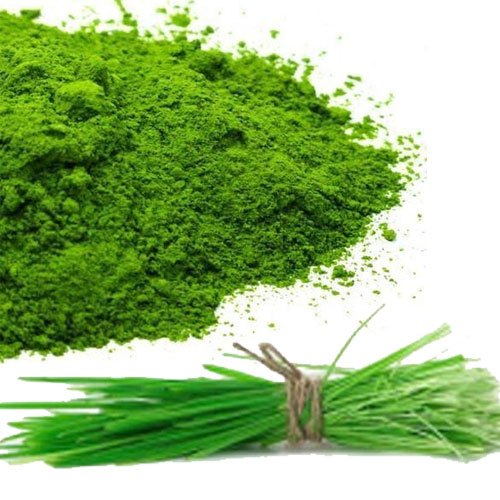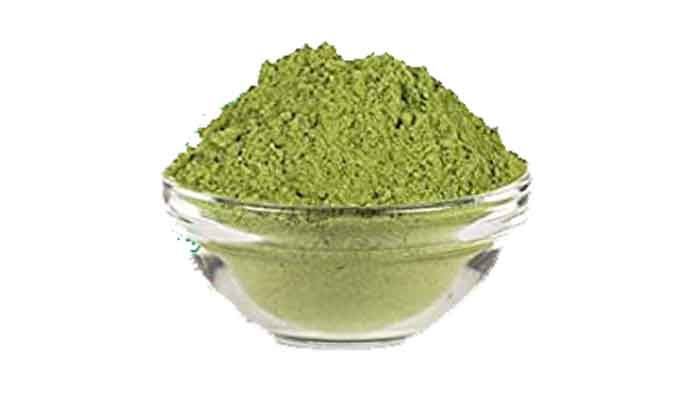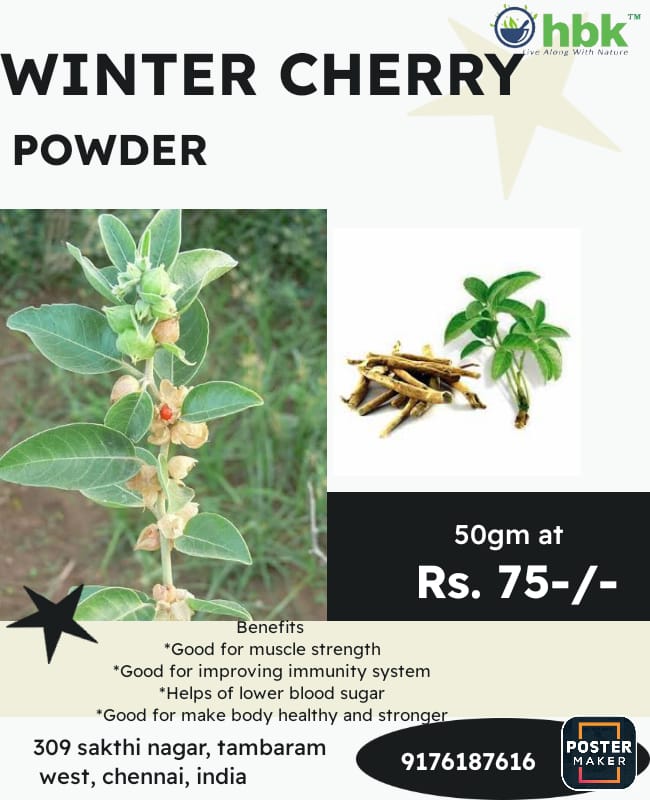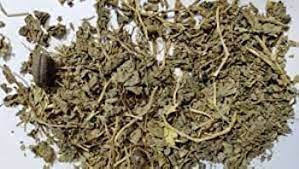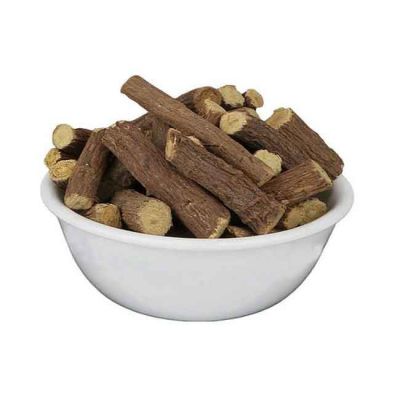"What is Cumin Powder? A Kitchen Staple with Ancient Roots"
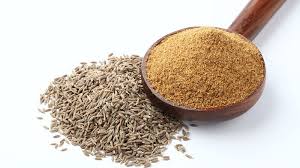
Cumin powder, a finely ground spice made from the seeds of the Cuminum cyminum plant, is one of the most versatile ingredients in global cuisine. With its warm, earthy, and slightly nutty flavor, cumin powder has been a staple in kitchens and traditional medicine for centuries. Whether you're crafting a flavorful curry or seeking a natural remedy for digestion, cumin powder offers a wealth of benefits.
The Origins of Cumin Powder
Cumin is native to the Mediterranean and Southwest Asia, where it has been cultivated for thousands of years. Archaeological evidence suggests that cumin was used as far back as 2000 BCE in ancient Egypt, where it was prized for its culinary and medicinal properties. It even found a place in mummification rituals, symbolizing preservation.
Over time, cumin spread to other regions, becoming a key ingredient in Indian, Middle Eastern, Mexican, and North African cuisines. Today, it’s an essential spice in households worldwide, used in both whole and powdered forms.
How Cumin Powder is Made
Cumin powder is made by drying and finely grinding cumin seeds. The process often involves:
- Harvesting: Cumin seeds are harvested from the dried pods of the plant.
- Drying: The seeds are sun-dried to enhance their flavor and aroma.
- Grinding: The dried seeds are ground into a fine, aromatic powder.
- Storage: The powder is stored in airtight containers to preserve freshness.
For the freshest flavor, many prefer to toast cumin seeds lightly before grinding them at home.
Flavor Profile
Cumin powder has a distinctive warm and earthy flavor with hints of nuttiness and a slightly bitter undertone. Its aroma is pungent and smoky, adding depth to dishes without overpowering other ingredients.
Culinary Uses of Cumin Powder
Cumin powder enhances the flavor of countless dishes, making it an essential spice in many cuisines:
- Indian Cuisine: Used in curries, lentil dishes, and spice blends like garam masala.
- Middle Eastern Cuisine: Adds warmth to hummus, falafel, and grilled meats.
- Mexican Cuisine: A staple in tacos, chili, and enchiladas.
- North African Cuisine: Found in spice blends like ras el hanout and harissa.
Beyond its savory applications, cumin powder is also used in herbal teas and beverages for its health benefits.
Health Benefits of Cumin Powder
Cumin powder is more than just a spice; it’s a powerhouse of nutrients. Here are some of its top benefits:
- Aids Digestion: Known for its carminative properties, cumin powder helps reduce bloating, gas, and indigestion.
- Rich in Antioxidants: Protects cells from damage caused by free radicals.
- Boosts Immunity: Packed with iron and vitamin C, it supports a healthy immune system.
- Supports Weight Loss: Cumin powder has been linked to improved metabolism and fat burning.
- Regulates Blood Sugar: Studies suggest it may help lower blood sugar levels.
How to Use and Store Cumin Powder
- Cooking: Add cumin powder to dishes early during cooking to allow its flavors to infuse, or sprinkle it as a finishing spice for an extra kick.
- Storage: Keep cumin powder in an airtight container in a cool, dark place to retain its aroma and potency for up to 6 months.
Why Cumin Powder is a Kitchen Essential
From spicing up soups to adding depth to stews and curries, cumin powder is a versatile ingredient no pantry should be without. Its rich flavor and myriad health benefits make it more than just a seasoning—it's a timeless tool for enhancing wellness and taste.
Click here
https://hbkonline.in/cumin-powder-seragam-podi-jilakarra-jeera-jeerakam-safed-jeera-dirghajiraka



